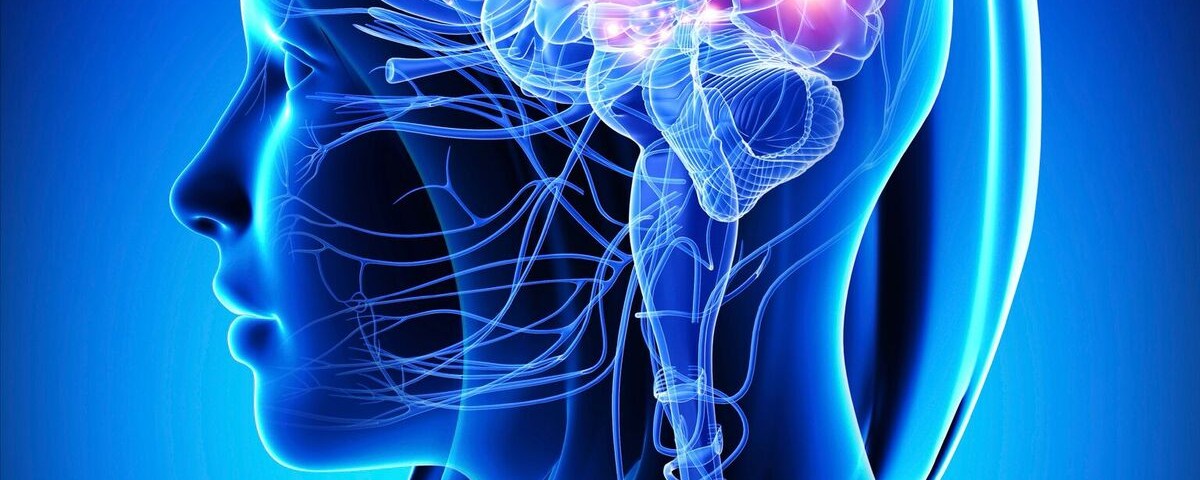Migraine Headache
Overactive Bladder
March 1, 2016Plantar Fasciitis
March 6, 2016The following review found that ketoprofen was most likely effective for migraine prevention – “Evidence-based guideline update: NSAIDs and other complementary treatments for episodic migraine prevention in adults: report of the Quality Standards Subcommittee of the American Academy of Neurology and the American Headache Society” (Neurology. 2012 Apr 24;78(17):1346-53).
OBJECTIVE: To provide updated evidence-based recommendations for the preventive treatment of migraine headache. The clinical question addressed was: Are nonsteroidal anti-inflammatory drugs (NSAIDs) or other complementary treatments effective for migraine prevention?
METHODS: The authors analyzed published studies from June 1999 to May 2009 using a structured review process to classify the evidence relative to the efficacy of various medications for migraine prevention.
RESULTS: The author panel reviewed 284 abstracts, which ultimately yielded 49 Class I or Class II articles on migraine prevention; of these 49, 15 were classified as involving nontraditional therapies, NSAIDs, and other complementary therapies that are reviewed herein.
RECOMMENDATIONS: Petasites (butterbur) is effective for migraine prevention and should be offered to patients with migraine to reduce the frequency and severity of migraine attacks (Level A). Fenoprofen, ibuprofen, ketoprofen, naproxen, naproxen sodium, MIG-99 (feverfew), magnesium, riboflavin, and subcutaneous histamine are probably effective for migraine prevention (Level B). Treatments considered possibly effective are cyproheptadine, Co-Q10, estrogen, mefenamic acid, and flurbiprofen (Level C). Data are conflicting or inadequate to support or refute use of aspirin, indomethacin, omega-3, or hyperbaric oxygen for migraine prevention. Montelukast is established as probably ineffective for migraine prevention (Level B). PMID: 22529203
This study found that prophylactic treatment with gabapentin was found to be associated with a significant reduction in the number of days with headache, use of acute medications and pain intensity – “The efficacy of gabapentin in migraine prophylaxis: an observational open label study” (Acta Clin Croat. 2009 Jun;48(2):145-51).
“Migraine is often a chronic and disabling disorder. The objective of our study was to assess the efficacy and safety of gabapentin in the prophylaxis of migraine in patients refractory to other prophylactic treatments. The study included 67 migraine patients, 55 women and 12 men; 52 patients completed this prospective, open-label study. Patients were given 900-1800 mg of gabapentin in 3 doses; the mean duration of treatment was 7.2 months. Reduction in the number of days with headache, pain intensity and number of acute medications was assessed through patient diary. The mean number of migraine days/4 weeks was reduced from 15.8 to 8.6, yielding a reduction of 7.2 migraine days/4 weeks (P=0.001). Pain intensity was reduced by 25% in 14 (26.9%), by 50% in 29 (55.7%) and by 75% in three (5.7%) patients, whereas no improvement was reported by six (11.5%) patients at the end of follow up. A significant reduction was recorded in acute medication use (P=0.001). Adverse events were reported by 32/67 (47.8%) patients, in 15 (22.4%) of them causing discontinuation of the drug. The most frequently reported adverse events were drowsiness, dizziness and slowness. Prophylactic treatment with gabapentin was found to be associated with a significant reduction in the number of days with headache, use of acute medications and pain intensity.” PMID: 19928412
We can combine ketoprofen, gabapentin, and lidocaine together as a transdermal cream.
Copyright AgeVital Pharmacy.

